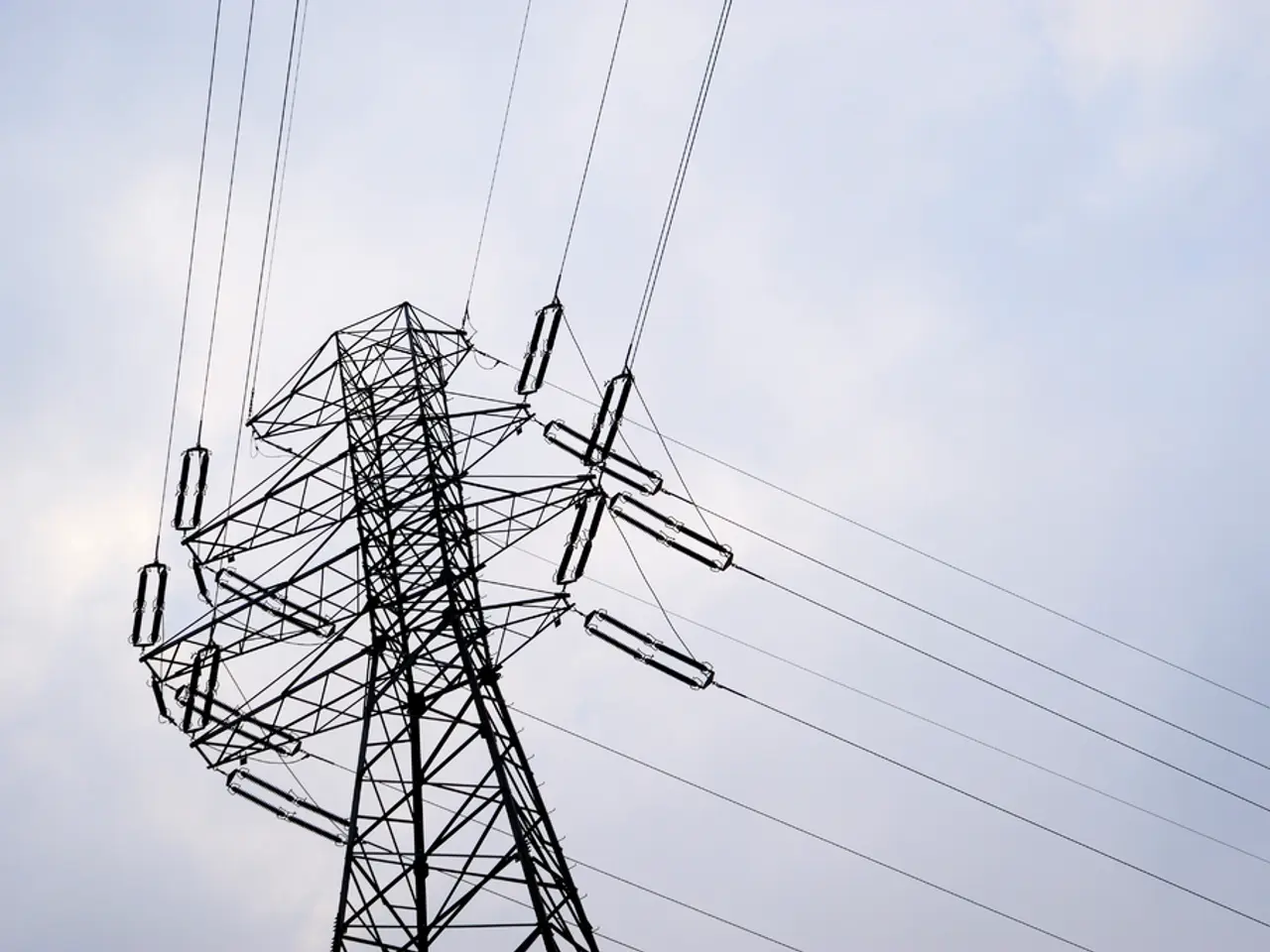Countdown commences: The competition to establish a satellite network
Taiwan Pushes Forward with Satellite Industry Development
Taiwan is taking significant strides in cultivating its own satellite industry to ensure communication independence during potential conflicts. The island nation needs 150 low Earth orbit (LEO) satellites for basic communication resilience, and it is making concerted efforts to achieve this goal.
Chunghwa Telecom, Taiwan's leading telecommunications company, is striking deals with satellite companies worldwide for backup telecommunications in case of war or natural disaster. Taiwan's partnerships include US company Astranis, SES of Luxembourg, Amazon's Kuiper, Canada's Telesat, and the world's second-largest operator of LEO satellites, Eutelsat.
Eutelsat's satellite system was used in Taiwan for the first time during a disaster last year, demonstrating its potential effectiveness. Taiwan recently signed a multimillion-dollar deal with Eutelsat, reinforcing its commitment to the partnership.
Taiwan's satellite ambitions extend beyond communication resilience. Taiwan plans to launch a second optical remote sensing satellite in November from the Vandenberg Space Force Base in California on a SpaceX rocket. Moreover, Taiwan hopes to have "more than 20" meteorological and remote sensing satellites by about 2031.
In addition to satellite development, Taiwan is also working on its own rockets and launch site, aiming to have them within the next decade. This self-reliance is crucial for Taiwan, especially considering the potential threat of a Chinese invasion, a possibility US officials have previously cited for 2027.
However, Taiwan's relationship with Elon Musk and his company, SpaceX, is complex. Musk's business ties with China and his previous comments about Taiwan becoming part of China have angered Taiwan. Despite this, Taiwan plans to launch the first of six LEO satellites in 2027 as part of its Beyond 5G LEO Satellite program, with SpaceX likely to be involved.
Cathy Fang, a Taiwanese expert, considers it dangerous for Taiwan to rely only on foreign satellite operators for phone and Internet signal during a war. Taiwanese authorities seem to share this sentiment, as evidenced by their efforts to develop rapid-response CubeSat and SmallSat platforms through Tron Future Tech.
Recent events have highlighted the importance of communication resilience for Taiwan. In February 2023, communication disruption was experienced when two telecoms lines serving outlying Lienchiang County were severed. Such incidents underscore the need for Taiwan to have its own satellite network to maintain uninterrupted communication.
As the clock ticks towards the launch of Taiwan's own satellites, the Taiwan Space Agency Director-General, Wu Jong-shinn, emphasises the urgency of the situation. The first satellites related to Taiwan's satellite and AI-enhanced defense ecosystem are expected to be launched around or after 2025, coinciding with Taiwan's increased defense and space technology efforts showcased at events like TADTE 2025.
Read also:
- Reporter of Silenced Torment or Individual Recording Suppressed Agony
- EPA Administrator Zeldin travels to Iowa, reveals fresh EPA DEF guidelines, attends State Fair, commemorates One Big Beautiful Bill
- "Divine Protections Failed: Father Battling for Life After Flesh-Eating Bacteria Infection"
- Innovative Company ILiAD Technologies Introduces ILiAD+: Boosting Direct Lithium Extraction Technology's Efficiency Substantially








